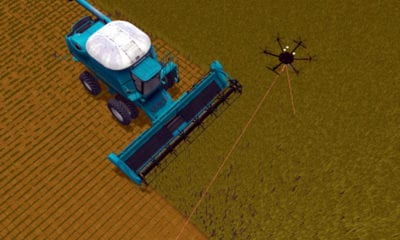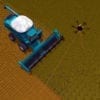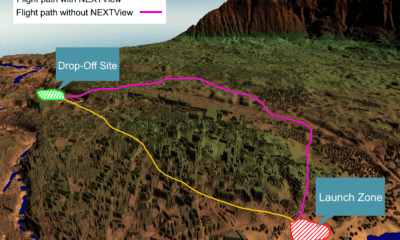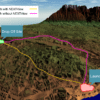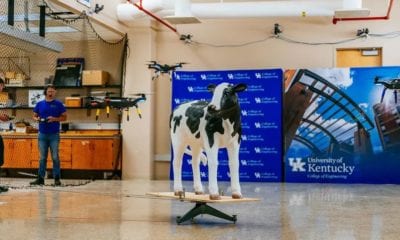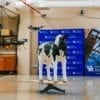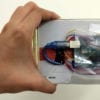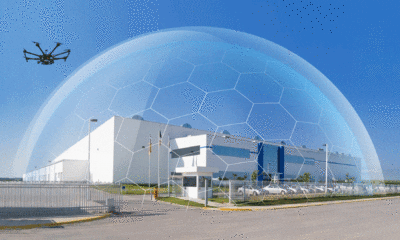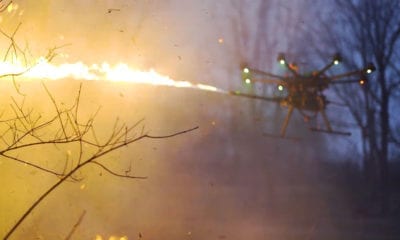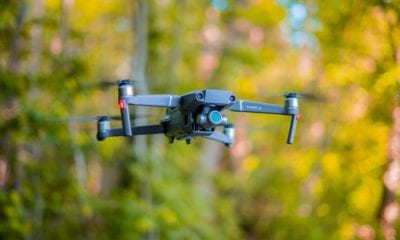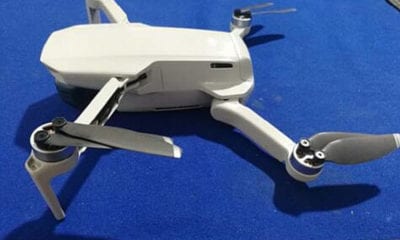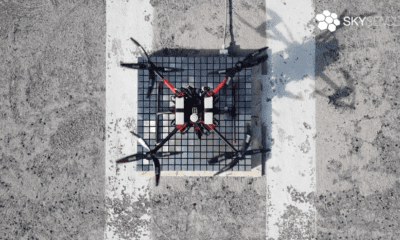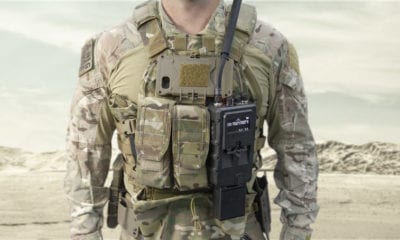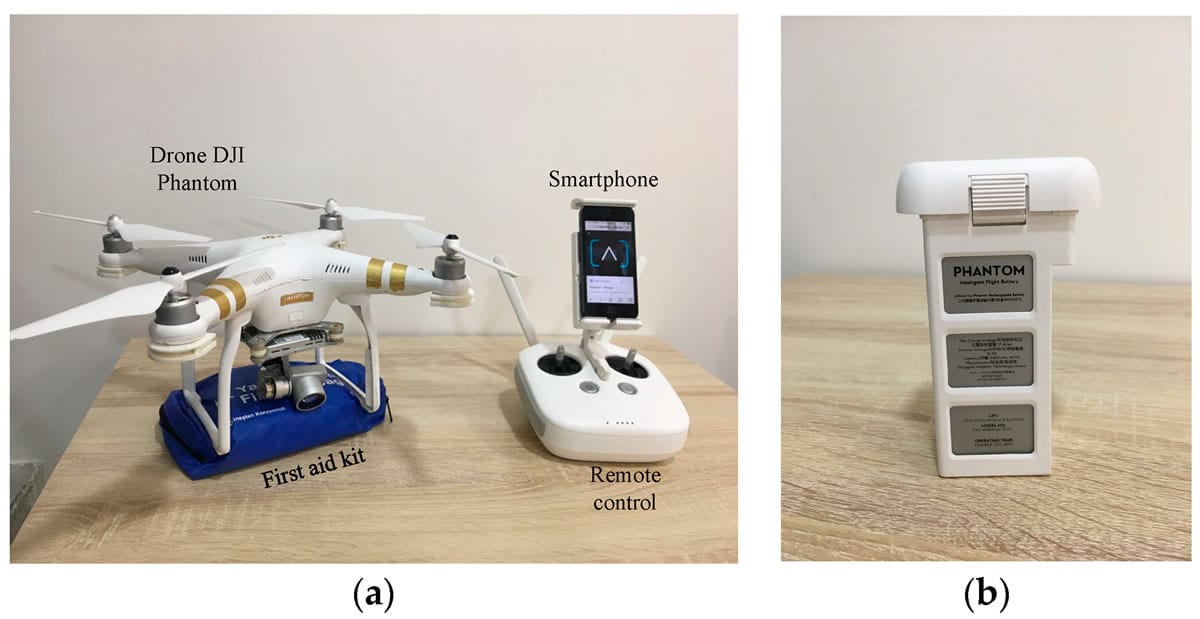
News
Advanced First Aid System Based on Drones and Sensors
Advanced First Aid System Based on Drones and Sensors
Studies about senior citizens suggest that 40% of injury-related deaths in people aged over 65 are caused by falls!A smart solution could be generated through combined effort of Drones, smart phones and sensors that will provide a lifeline to the world’s growing elderly population at risk of falls.
This is exactly what a team of researchers from Iraq and the University of South Australia (UniSA) has designed- a new system capable of remotely monitoring elderly people, detecting abnormalities in their heart rate and temperature which could lead to falls, and providing urgent first aid via a drone if a fall occurs.
It is estimated that around 30 % of adults over the age of 65 experience at least one fall a year, in many cases fracturing a hip, or sustaining head injuries. The annual global cost of fall-related acute care for older people has risen dramatically in recent years as the world’s population ages. In Australia, the annual cost exceeds $600 million, and close to billions of dollars each year in the United States and the world over.
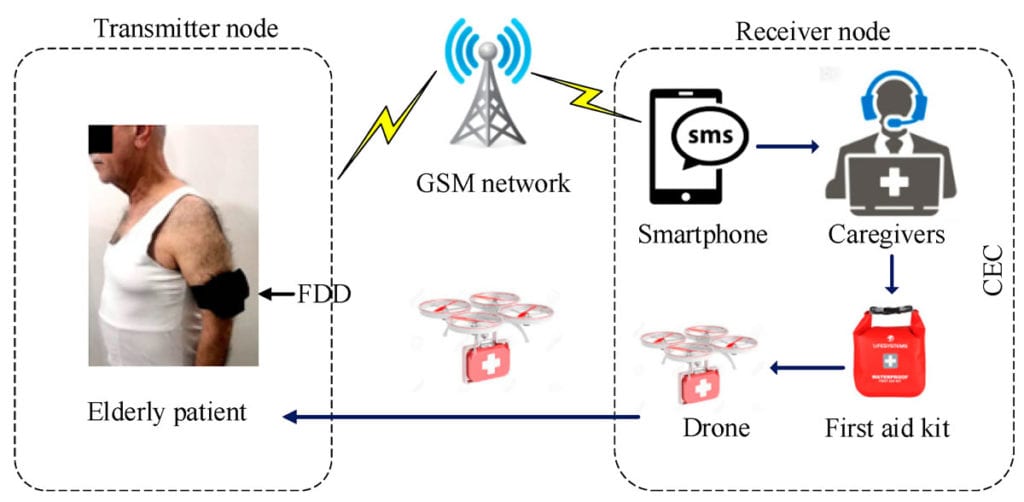
Block diagram of the overall AFAS.
So UniSA Adjunct Senior Lecturer Dr Ali Al-Naji and Professor Javaan Chahl are working with Dr Sadik Kamel Gharghan and Saif Saad Fakhrulddin from Baghdad’s Middle Technical University decided to develop an advanced fall detection and first aid system for the elderly.
In their new paper about the solution and published in Sensors, the researchers elaborate how a wearable device can monitor vital signs using a wireless sensor attached to the upper arm and send a message to an emergency call centre if physiological abnormalities or a fall are detected.
The fall detection device comprises a microcontroller, two bio-sensors, a GPS module to track the location and a GSM module to send a notification to the smart phones of caregivers. The second part includes a first aid package, a Smartphone and a drone to deliver the package.
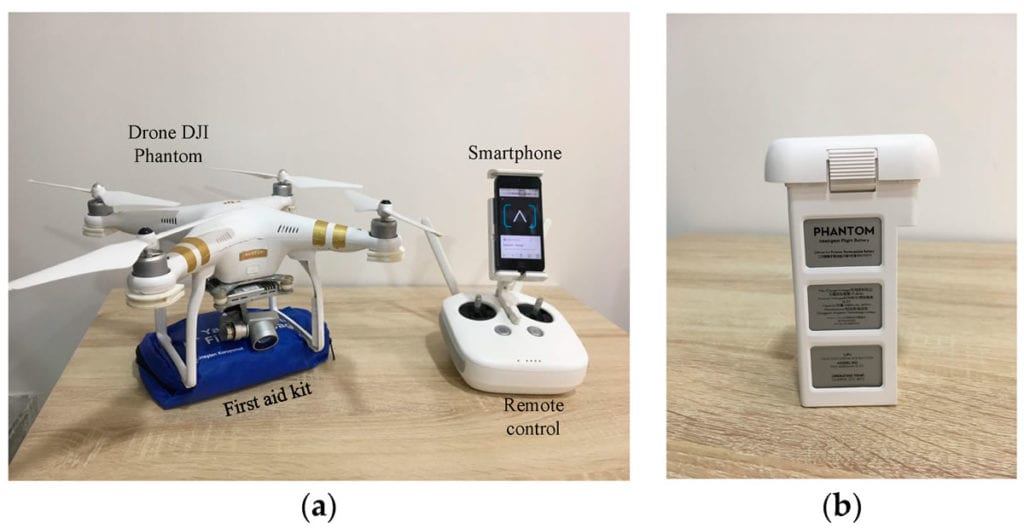
UAV adopted to deliver first aid; (a) All components of the DJI Phantom 3, (b) Battery pack.
According to Prof Chahl, “When a case is critical, first aid supplies can be delivered to the patient via a drone, up to 105 seconds faster than an ambulance,” he further adds, “the system not only correctly measures heart rate and falls with 99% accuracy, but also identifies the elderly person’s location and delivers first aid much faster.”
Dr Gharghan informs, “We have also designed an advanced Smartphone-based program that uses an intelligent autopilot, containing a destination waypoint for planning the path of a drone”.
Those interested in a copy of the paper, or seek more information about the study, can contact sadik.gharghan@mtu.edu.iq or Ali.Al-Naji@unisa.edu.au
Citation: An Advanced First Aid System Based on an Unmanned Aerial Vehicles and a Wireless Body Area Sensor Network for Elderly Persons in Outdoor Environments, Saif Saad Fakhrulddin, Sadik Kamel Gharghan, Ali Al-Naji and Javaan Chah, Sensors 2019, 19(13), 2955; https://doi.org/10.3390/s19132955, https://www.mdpi.com/1424-8220/19/13/2955

